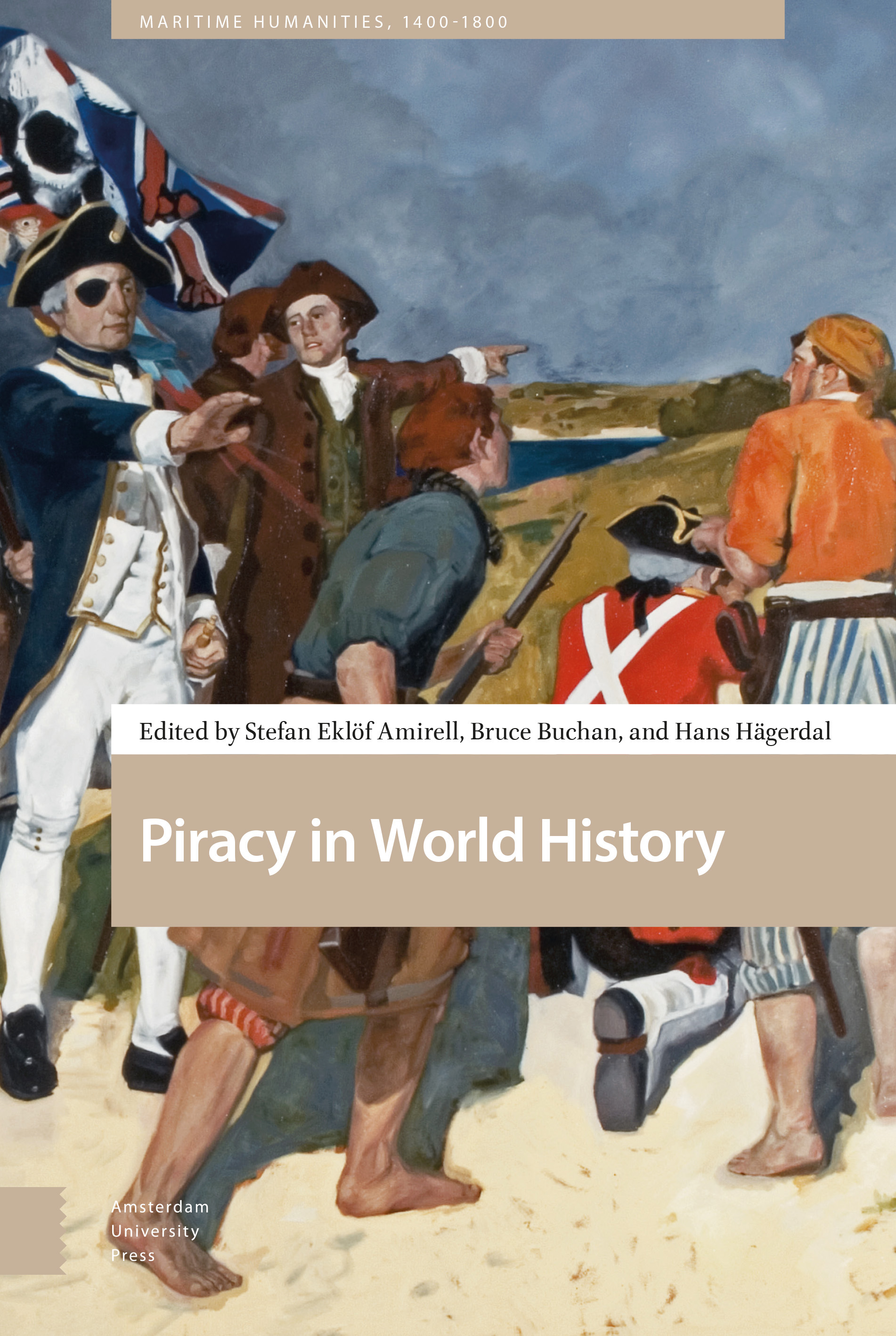Book contents
- Frontmatter
- Contents
- Acknowledgements
- 1 Introduction: Piracy in World History
- 2 “Publique Enemies to Mankind”: International Pirates as a Product of International Politics
- 3 All at Sea: Locke’s Tyrants and the Pyrates of Political Thought
- 4 The Colonial Origins of Theorizing Piracy’s Relation to Failed States
- 5 The Bugis-Makassar Seafarers: Pirates or Entrepreneurs?
- 6 Piracy in India’s Western Littoral: Reality and Representation
- 7 Holy Warriors, Rebels, and Thieves: Defining Maritime Violence in the Ottoman Mediterranean
- 8 Piracy, Empire, and Sovereignty in Late Imperial China
- 9 Persistent Piracy in Philippine Waters: Metropolitan Discourses about Chinese, Dutch, Japanese, and Moro Coastal Threats, 1570–1800
- 10 Sweden, Barbary Corsairs, and the Hostis Humani Generis: Justifying Piracy in European Political Thought
- 11 “Pirates of the Sea and the Land”: Concurrent Vietnamese and French Concepts of Piracy during the Second Half of the Nineteenth Century
- 12 Pirate Passages in Global History: Afterword
- Index
7 - Holy Warriors, Rebels, and Thieves: Defining Maritime Violence in the Ottoman Mediterranean
Published online by Cambridge University Press: 16 December 2021
- Frontmatter
- Contents
- Acknowledgements
- 1 Introduction: Piracy in World History
- 2 “Publique Enemies to Mankind”: International Pirates as a Product of International Politics
- 3 All at Sea: Locke’s Tyrants and the Pyrates of Political Thought
- 4 The Colonial Origins of Theorizing Piracy’s Relation to Failed States
- 5 The Bugis-Makassar Seafarers: Pirates or Entrepreneurs?
- 6 Piracy in India’s Western Littoral: Reality and Representation
- 7 Holy Warriors, Rebels, and Thieves: Defining Maritime Violence in the Ottoman Mediterranean
- 8 Piracy, Empire, and Sovereignty in Late Imperial China
- 9 Persistent Piracy in Philippine Waters: Metropolitan Discourses about Chinese, Dutch, Japanese, and Moro Coastal Threats, 1570–1800
- 10 Sweden, Barbary Corsairs, and the Hostis Humani Generis: Justifying Piracy in European Political Thought
- 11 “Pirates of the Sea and the Land”: Concurrent Vietnamese and French Concepts of Piracy during the Second Half of the Nineteenth Century
- 12 Pirate Passages in Global History: Afterword
- Index
Summary
Abstract
The essay takes a non-Eurocentric point of view and aims to highlight the concurrent concepts of piracy and other forms of maritime violence in the early modern Mediterranean. The author shows that a wide range of concepts were used in the early modern Ottoman Empire to conceptualize what Europeans termed piracy or privateering. As in Europe, there was considerable ambiguity in the use and interpretation of these terms, and the practices that they described. In contrast to the emphasis that contemporary Europeans put on the distinction between piracy and privateering, in theory if not always in practice, Ottoman Islamic law did not differentiate between foreign Christian pirates and foreign Christian corsairs or privateers.
Keywords: Ottoman Empire, corsairs, legal interpretation, Islamic Law, conceptual variety
“Think of jihad as an island,” wrote the sixteenth-century Ottoman bureaucrat, historian, and social commentator Mustafa Ali: “On its right is a sea of wealth, on the left is corruption.” Corsairing and piracy, holy war and criminal rebellion – the opposing legal poles of Mediterranean maritime raiding were not distinguished by tactics, equipment, or even personnel, but by targeting and authorization, or its absence. Mustafa Ali argued that many of the holy warrior heroes (gazis, in Ottoman parlance) who had brought North Africa into the Ottoman fold, corsairs like Hayreddin Barbarossa (d. 1546) and Turgud Reis (d. 1565), had begun their careers as petty coastal pirates, preying on Christian and Muslim Ottomans in the Aegean. With time and success, they expanded their operations, improved the size and range of their craft, and only then transitioned to legitimate corsairing in service of the faith and the sultan. By repenting of their earlier sins and devoting themselves to maritime jihad against the enemies of Islam and the Ottoman dynasty, however, these corsairs earned their place in the Ottoman pantheon and their reward in the hereafter.
But, writing just before his death in 1600, Mustafa Ali observed that over the past generation it had become increasingly difficult to distinguish between the small-time pirates then following similar career paths along the Adriatic and Aegean coasts and the North Africa-bound corsairs they may have aspired to become.
- Type
- Chapter
- Information
- Piracy in World History , pp. 149 - 172Publisher: Amsterdam University PressPrint publication year: 2021



